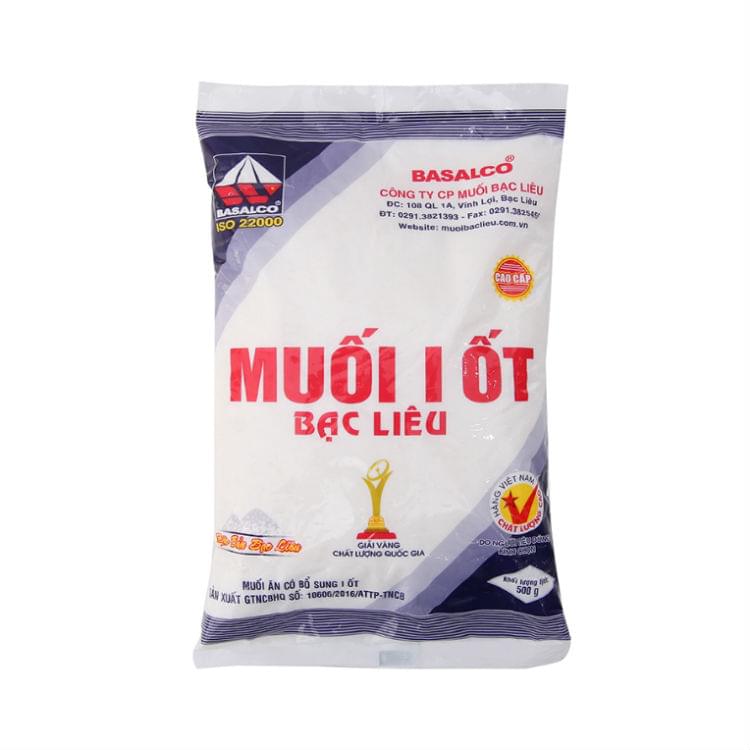Encouraging Both Expats & Locals To Use Iodized Table Salt
Subscribe to the topic
Post new topic
Articles to help you in your expat project in Vietnam
 Dating In Vietnam
Dating In VietnamIf you're considering moving to Hanoi, or Ho Chi Minh City, the dating scene may be of interest to you. ...
 Making phone calls in Vietnam
Making phone calls in VietnamThe telecommunications sector in Vietnam has flourished throughout the past two decades. Like many foreigners, ...
 Moving to Vietnam with your pet
Moving to Vietnam with your petIf you are planning to move to Vietnam with a pet, there are a number of formalities that have to be completed ...
 Getting married in Vietnam
Getting married in VietnamHave you met that perfect someone who you want to spend the rest of your life with? Luckily, getting married in ...
 Driving in Vietnam
Driving in VietnamVietnam is known for four categories of lush and diverse landscapes, and one of the easiest ways to see firsthand ...
 The most popular neighbourhoods in Hanoi
The most popular neighbourhoods in HanoiFormerly known as Thang Long, Vietnam's present capital city was renamed Hanoi in 1831. This enchanting, ...
 Sports activities in Hanoi
Sports activities in HanoiWe know there's a lot of attention on the drinking culture in Hanoi, but what about the options for a healthy ...
 Working in Vietnam
Working in VietnamAnyone thinking about working in Vietnam is in for a treat. Compared to many Western countries, Vietnam's ...





